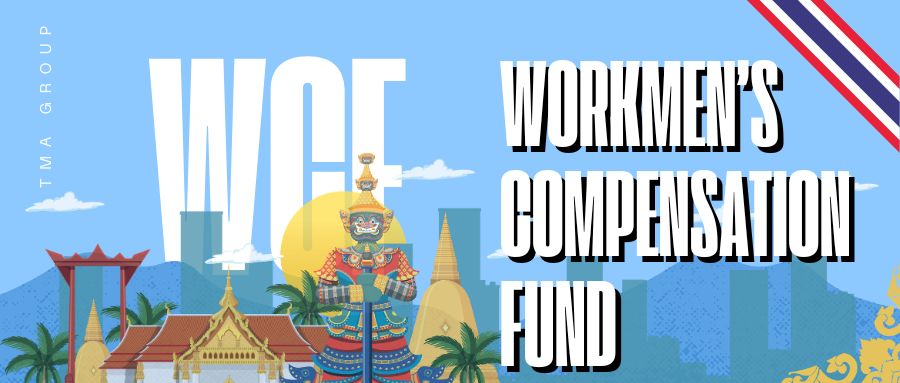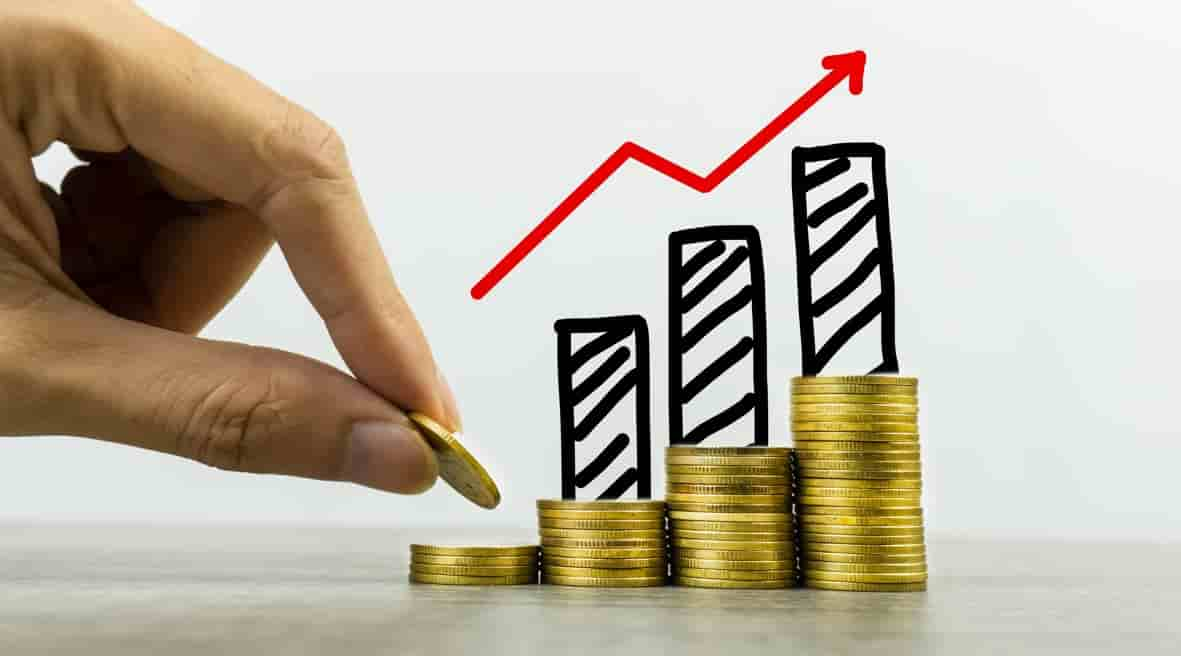Excise Tax in Thailand
About TMA Group
TMA Group is a professional company focusing on local recruitment and corporate consulting in Thailand, dedicated to providing one-stop services including recruitment, financial management, tax disposal, legal consulting, personnel management, etc. for enterprises and individuals. If you need more advice on investment in Thailand, please feel free to contact us.
Excise Tax in Thailand
The Excise Tax in Thailand is a specific consumption tax levied on certain goods and services, often referred to as "sin taxes" or specific taxes. It is a selective tax applied to goods and services that are seen as non-essential or those that have a significant impact on health, the environment, or luxury status. These taxes are generally higher than standard VAT rates and are imposed on goods such as tobacco, alcohol, petroleum, and luxury items.
1. Goods and Services Subject to Excise Tax
The Thai Excise Tax system applies to various categories of goods and services, with different tax rates depending on the type of product. These include:
a. Alcoholic Beverages
Beer, wine, spirits, and liquors are subject to excise taxes.
Tax Rates: The tax rates on alcoholic beverages can vary based on the type of alcohol and its alcohol content. Generally:
Beer: Excise tax rate is based on alcohol volume and retail price.
Spirits: Rates are based on the alcohol content and retail price.
Wine: Rates are determined based on the volume of alcohol.
b. Tobacco Products
Cigarettes, cigars, and other tobacco products are heavily taxed to discourage consumption and address public health concerns.
Tax Rates: The excise tax on tobacco is typically around 60% to 90% of the product's retail price or weight, depending on the type of tobacco product.
c. Petroleum Products
Gasoline, diesel, jet fuel, and other petroleum products are subject to excise tax to help manage the environmental and economic effects of energy consumption.
Tax Rates: Excise taxes are generally 2% to 10% of the retail price, with variations depending on the type of petroleum product.
d. Luxury Goods
Thailand imposes excise tax on luxury items such as high-end automobiles, yachts, and motorcycles.
Tax Rates: These items can be taxed up to 50% of their retail price, depending on the luxury level of the product.
e. Automobiles and Motor Vehicles
Passenger cars and motorcycles (especially luxury models) are subject to excise tax, which is generally based on the value of the vehicle.
Tax Rates: The rates vary, but luxury and higher-value vehicles can face tax rates of up to 50%.
f. Cosmetics and Perfumes
Cosmetic products such as skincare items, makeup, and perfumes are taxed under the excise tax system.
Tax Rates: 10% excise tax rate is commonly applied.
g. Jewelry and Precious Metals
Jewelry, including diamonds, gold, and platinum, is subject to excise tax.
Tax Rates: The excise tax rate is generally 10% of the retail price.
h. Electrical Appliances and Goods
Certain luxury electrical appliances and consumer goods may be subject to excise taxes as well.
Tax Rates: These rates vary depending on the type of appliance, typically in the 10% to 20% range.
2. Methods of Calculating Excise Tax
Excise taxes in Thailand can be levied through two primary methods:
a. Ad Valorem Excise Tax
This method calculates the excise tax as a percentage of the product's value (retail price or manufacturing cost). The tax is typically imposed on luxury items or products with a high environmental or health impact.
Example: Luxury cars or high-end jewelry.
b. Specific Excise Tax
This method calculates the excise tax based on the quantity or volume of the product (e.g., per liter, per kilogram, or per unit).
Example: The excise tax on alcohol, cigarettes, or petroleum products is often calculated per liter or per pack.
3. Key Categories of Excise Tax Rates
| Product Category | Tax Rate Range |
|---|---|
| Alcohol (Beer, Spirits, Wine) | 10% to 40% based on alcohol content and price |
| Tobacco (Cigarettes, Cigars) | 60% to 90% of retail price or weight |
| Petroleum (Gasoline, Diesel) | 2% to 10% of retail price |
| Luxury Goods (Cars, Yachts) | 30% to 50% of retail price |
| Cosmetics and Perfumes | 10% |
| Jewelry and Precious Metals | 10% |
| Motorcycles (Luxury models) | 15% to 30% of retail price |
4. Excise Tax on Importation
When goods subject to excise tax are imported into Thailand, the excise tax is calculated based on the customs value (the import price of the product) and the excise tax rate for the specific product.
For example:
Imported alcoholic beverages will be taxed based on the alcohol content and the customs value.
Imported luxury vehicles will face excise tax based on the customs value and applicable ad valorem rates.
5. Excise Tax on Services
In addition to goods, certain services may be subject to excise tax. This includes services like:
Telecommunications (mobile phone services, internet data charges, etc.)
Hotel services (especially luxury hotels).
Entertainment services (such as bars, nightclubs, or cinemas).
These services are typically taxed based on their price or value, and the rates may vary depending on the type of service provided.
6. Excise Tax Exemptions and Refunds
Some products and services may be exempt from excise tax, or the tax may be refunded under specific conditions. These exemptions can include:
Exported goods: Products that are exported outside Thailand may be eligible for excise tax refunds or exemptions.
Goods for charitable use: Products imported for charitable purposes or used by nonprofit organizations may be exempt from excise tax.
Certain raw materials: For products used in manufacturing that will be re-exported may be exempt from excise taxes.
7. Administrative Procedures for Excise Tax
a. Excise Tax Registration
Businesses involved in manufacturing, selling, or importing excise-taxable goods must register with the Excise Department. This registration is necessary for filing tax returns, paying taxes, and compliance with tax obligations.
b. Excise Tax Filing
Excise taxes are typically filed monthly with the Excise Department.
The filing process requires businesses to submit details on sales, production, imports, and taxes paid on excise goods.
c. Invoices and Documentation
Businesses must provide excise tax invoices when selling taxable goods, which should clearly state the excise tax amount paid.
Imports of excise goods must be accompanied by documentation from customs, detailing the excise tax applied at import.
8. Penalties for Non-Compliance
Failure to comply with excise tax regulations can lead to significant penalties, including:
Fines for late payment of excise taxes.
Penalties for failure to file accurate returns or for submitting fraudulent claims.
Additional penalties for evading excise taxes, including fines of up to 200% of the unpaid tax.
Conclusion
Excise tax in Thailand serves as an important revenue tool for the government, especially for products that are deemed harmful to health or the environment, or for luxury goods. Businesses involved in excise-taxed goods need to comply with registration, filing, and reporting requirements, and stay informed about applicable rates and exemptions.
TMA Consulting Management has been paying attention to the updating of information through newsletters for many years, but we do not assume any responsibility for the completeness, correctness or quality of the information provided. No information contained in this article can replace the personal consultation provided by a qualified lawyer. Therefore, we do not assume any liability for damages caused by the use or non-use of any information in this article (including any kind of incomplete or incorrect information that may exist), unless it is caused intentionally or by gross negligence.













